Constitutional and human rights cases involve protecting human rights and interpreting the Constitution. These are cases related to denial, violation, infringement, or threat to human rights or fundamental freedoms under the Constitution of Kenya. The reliefs commonly sought from the Constitutional and Human Rights Court include the following:
i. Conservatory Orders
ii. Declaration of rights
iii. Injunctions
iv. Compensation Orders
v. Judicial review orders i.e., certiorari, prohibition, and mandamus
vi. Interpretation and Enforcement of the Constitution.
Case Categories include:
· Petitions
· Miscellaneous Applications
· Election Petitions
· Miscellaneous Election Petitions
· Election Petition Appeals
Requirements
a) Petition
b) Verifying Affidavit
c) Annexures
d) Bill of costs
e) Application (Chamber summons/Notice of motion)
f) Supporting affidavit
To commence the filing process, you register an account through the e-filing system. The process is as follows;
i. Advocate/party creates an e-filing account or logs into their account if already registered.
ii. Uploading of pleadings and documents in PDF format from the E-filing account by a party.
iii. The system will auto-assess and generate court fee invoices.
iv. Upon payment of the requisite fee, an “E-case” number is auto-generated by the system.
Empanelment of a Bench
Article 165 (4) of the Constitution stipulates that any matter certified by the High Court as raising a substantial question of law in regards to the alleged breach of fundamental rights and freedoms in the Bill of Rights shall be heard by an uneven number of judges, being not less than three, assigned by the Chief Justice.
Judicial Review Division of the High Court.
Under what law is the Judicial Review Division of the High Court established and operationalized?
The Judicial Review Division is a Division of the High Court of Kenya, established under Section 11 of the High Court (Organization and Administration Act) Cap 8C of the Laws of Kenya.
Judicial Review Proceedings are governed by The Fair Administrative Action Act Cap 7L of the Laws of Kenya which Act implements Article 47 of The Constitution of Kenya on the Right to Fair Administrative action.
Q: What does the Judicial Review Division do?
A: The Judicial Review Division hears and determines matters arising from decisions made by bodies/ persons/ authorities/ tribunals or courts, exercising quasi-judicial and judicial authority. This include but are not limited to;
1. The Public Procurement Administrative Review Board
2. The National Government State Departments and Agencies
3. Independent Offices and Commissions such as Judicial Service Commission
4. County Governments
5. Registrar of Societies
6. Liquor and Licensing Boards
7. Medical Practitioners and Dentist Board.
8. The Surveyors Board
9. The Engineers Board
10. The Law Society of Kenya
11. Subordinate Courts
12. Universities
13. Retirement Benefits Authority/ Schemes
14. Tribunals
15. Minister of Immigration
Q: What documents are filed at the Court?
A: Applications filed pursuant to the Fair Administrative Action Act and Rules promulgated on 11thOctober, 2024 do not require leave of court to be sought. They are filed by way of Originating Motion. However, if one is seeking interim orders, it is required that a Notice of motion be filed simultaneous with the Originating Motion for consideration by the Court.
Only Applications filed under Order 53 of the Civil Procedure Rules require leave of court by way of Chamber Summons and once leave is granted, timelines are given for filing of the Substantive Notice of Motion.
Q: Can a Judicial Review case be determined through Alternative Dispute Resolution Mechanisms?
Whilst echoing the principles and values of the Constitution, in line with the Social Transformation through Access to Justice by promoting accessibility, efficiency, transparency, accountability, inclusivity, shared leadership, cooperative dialogue and social justice, Judicial Review has embraced enhancing and supporting Alternative Dispute Resolution (ADR) as an avenue to multi-door justice strategy.
Q: What remedies are available to litigants under Judicial Review?
A: The Remedies available under Judicial Review include:
1. Certiorari
2. Prohibition
3. Mandamus
4. Declaration
5. Injunctions
6. Directives
7. Setting aside of the administrative decision
8. Pecuniary compensation
9. Award of costs
Note: Content sourced from the Judiciary of Kenya’s X account.


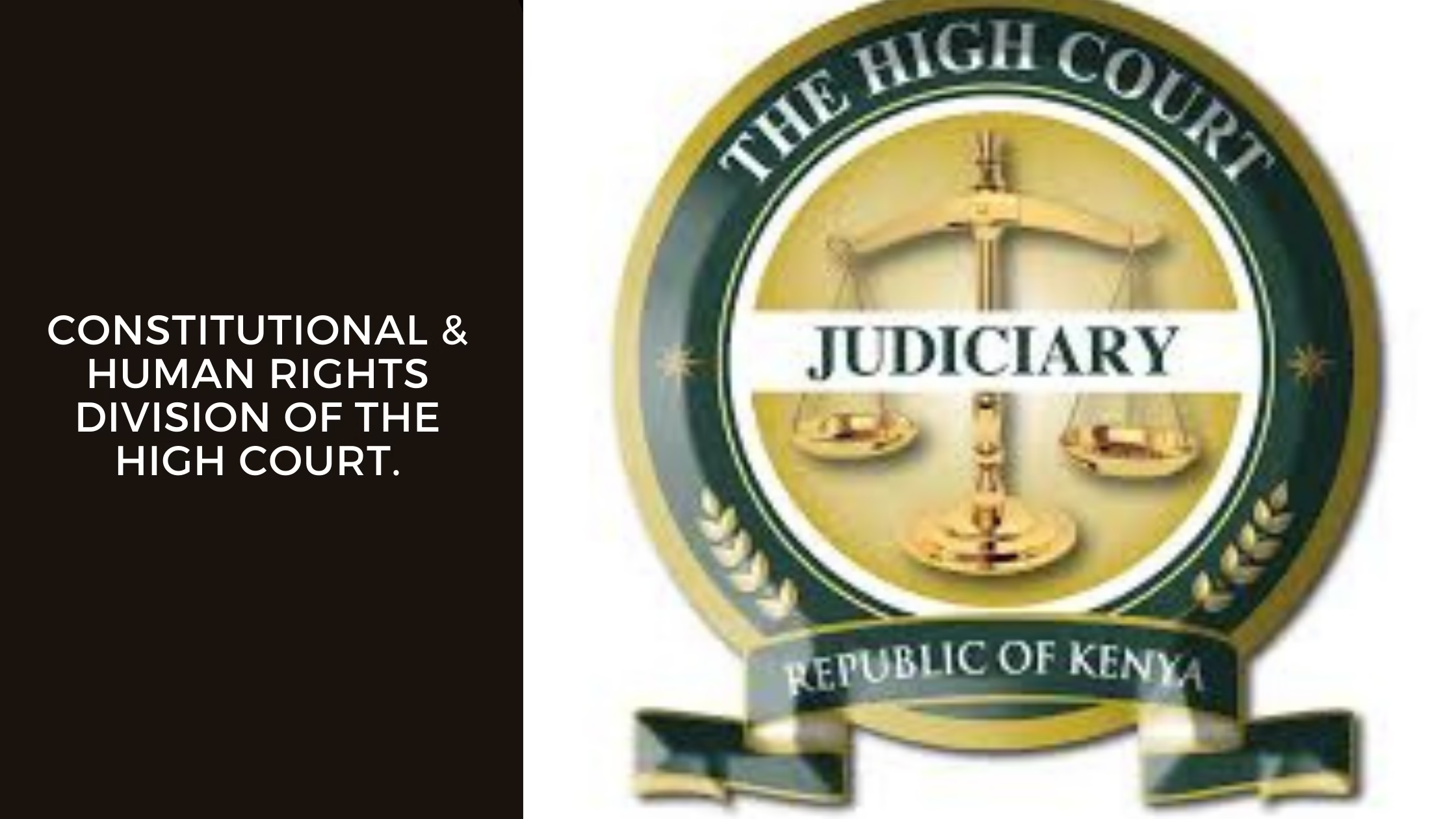


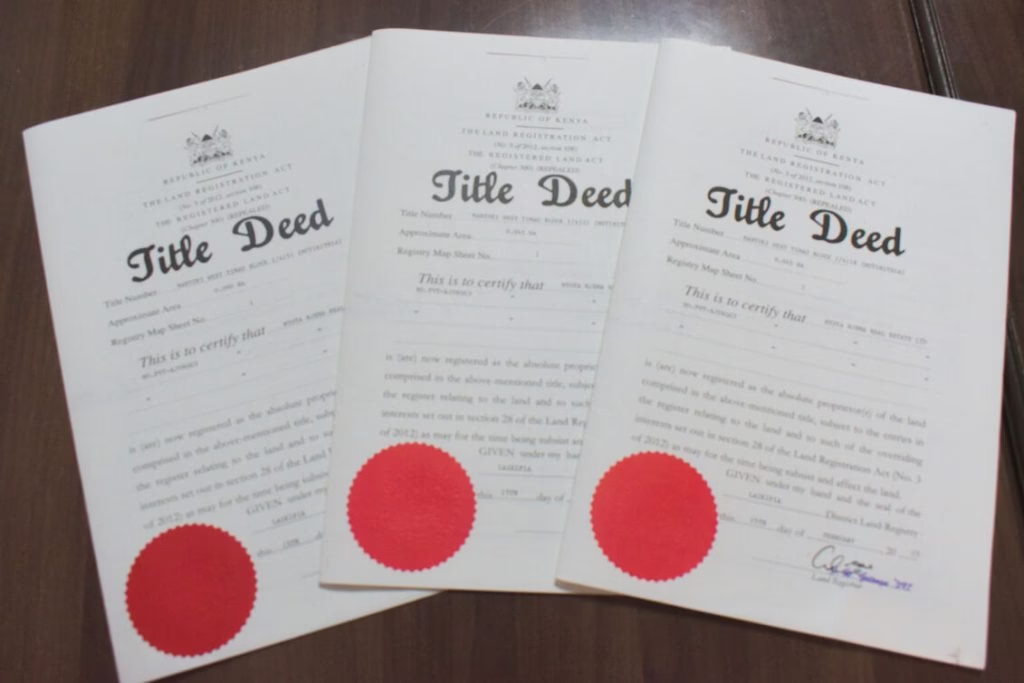

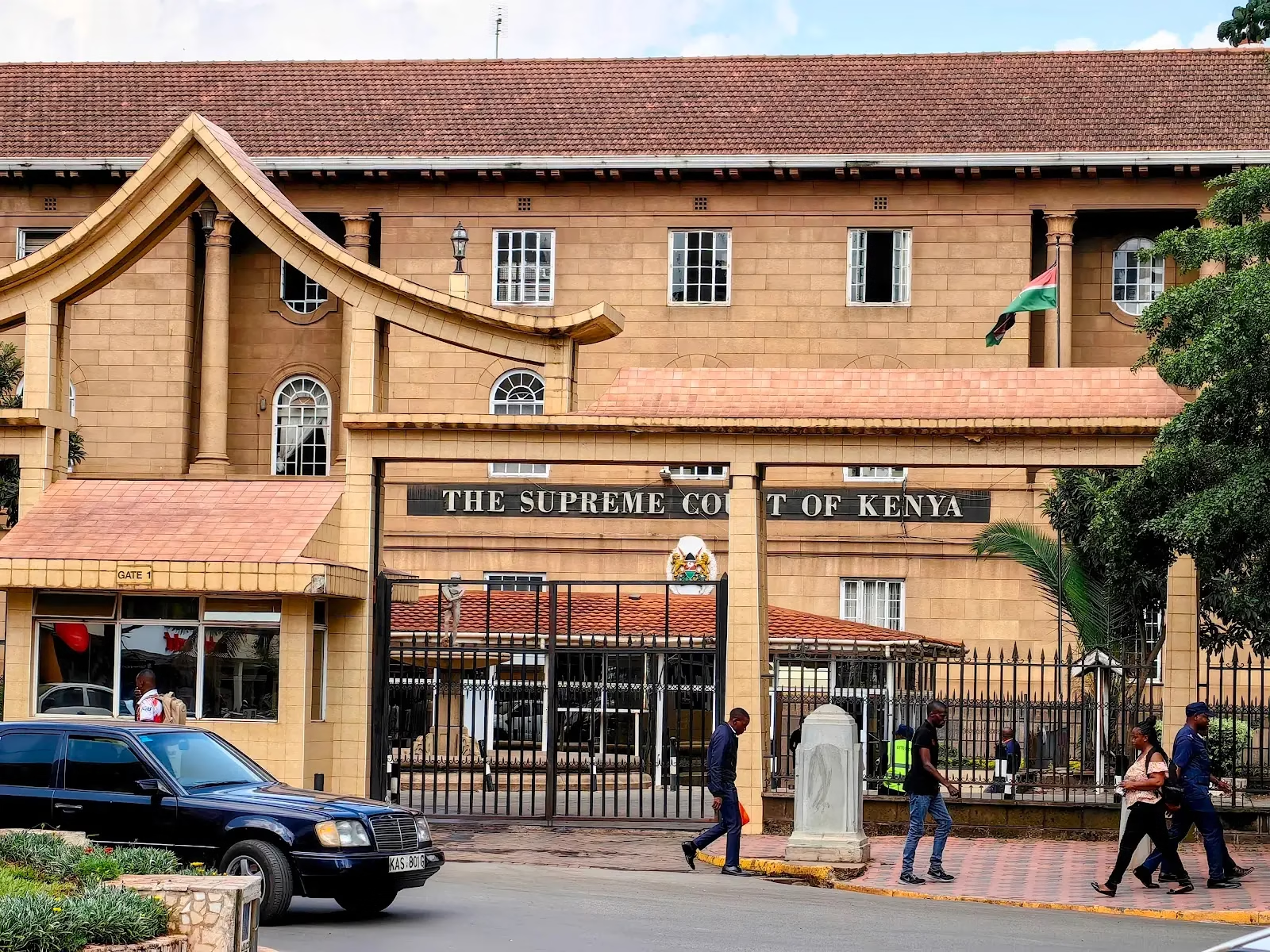


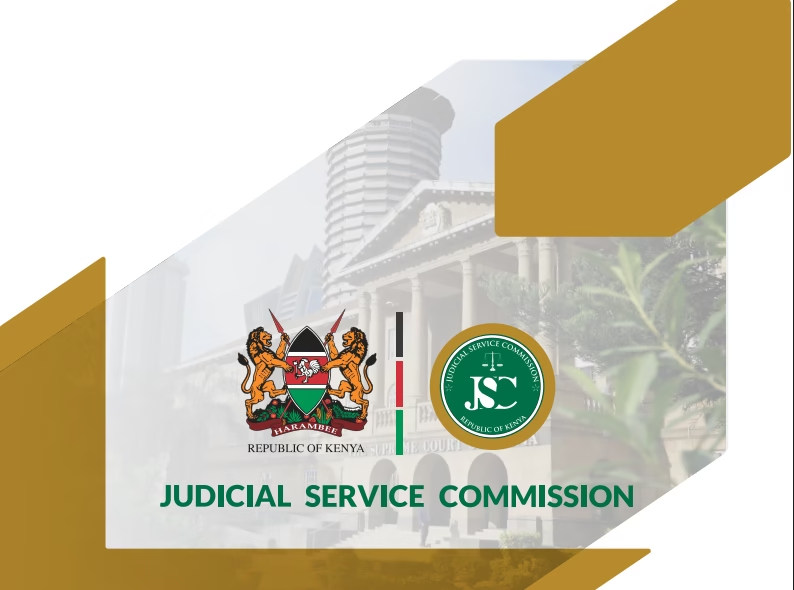


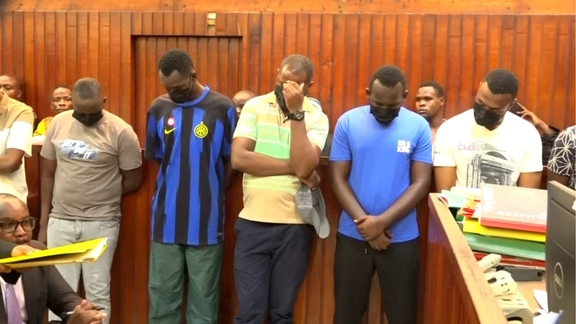



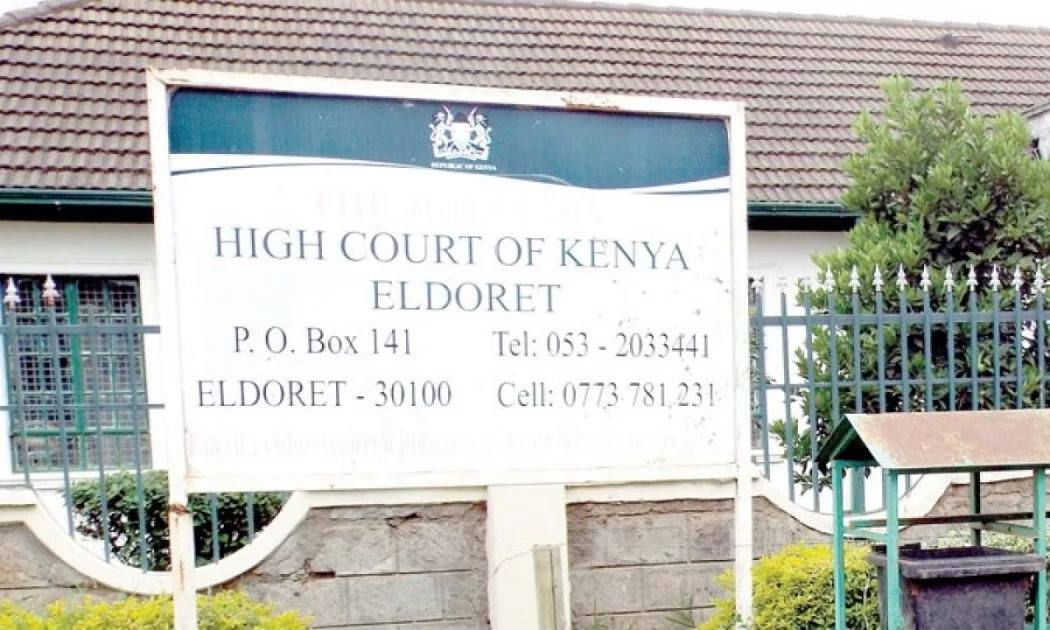




Leave a Reply